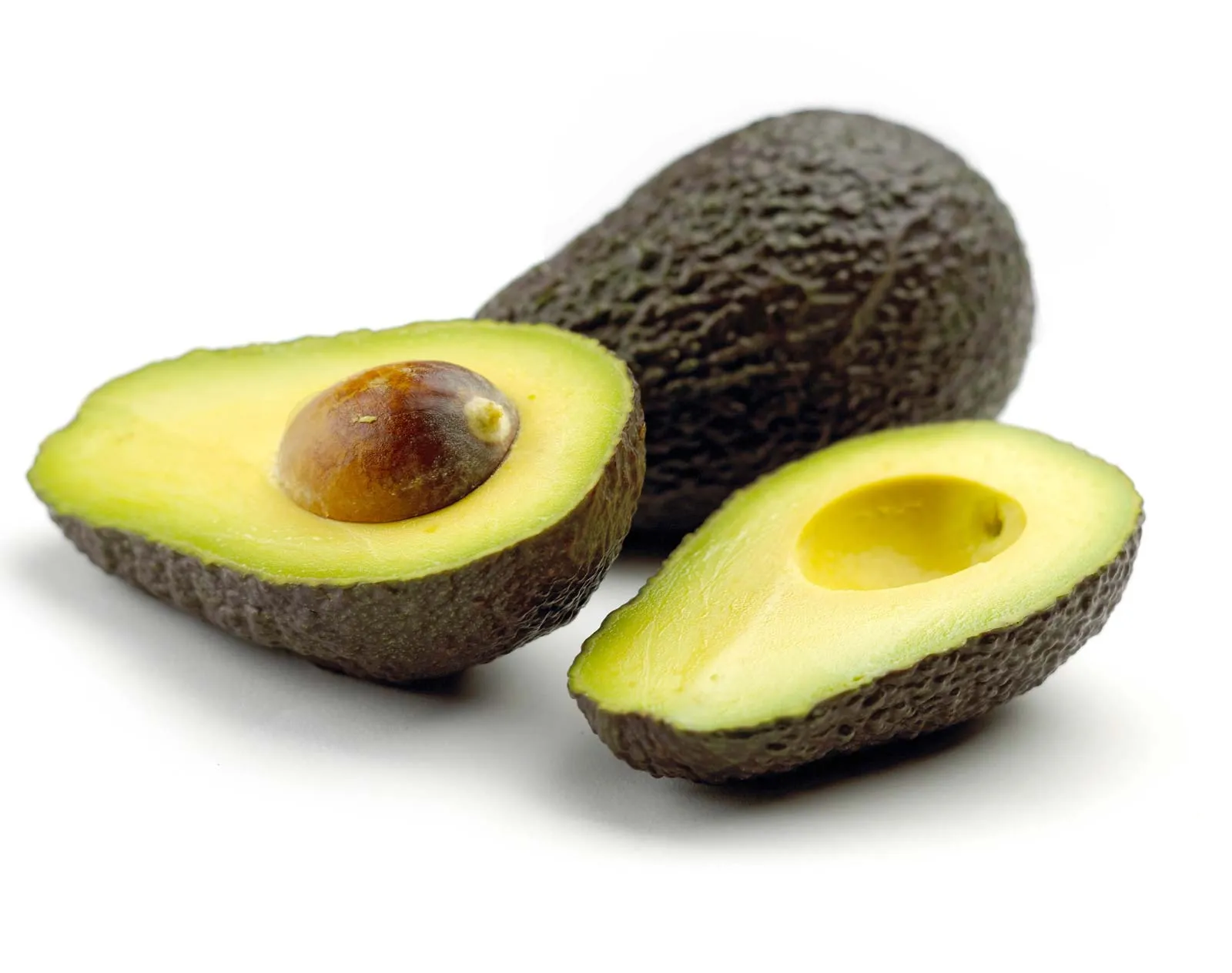The Value of Avocado in a Keto Diet
The Value of Avocado in a Keto Diet
Avocados are not just popular for their rich, creamy texture and versatile use in various dishes; they are also a cornerstone of healthful eating, especially for those following a ketogenic, or “keto,” diet. This high-fat, low-carbohydrate diet relies on ketosis, a metabolic state in which the body burns fat for fuel instead of carbohydrates. In this context, avocados offer exceptional nutritional value and various health benefits, making them an indispensable part of the keto diet.

Nutritional Profile of Avocado
Avocados are unique in the world of fruits. While most fruits are high in carbohydrates, avocados are incredibly rich in healthy fats, particularly monounsaturated fat (MUFA). This type of fat is beneficial for cardiovascular health and can help reduce bad cholesterol levels while increasing good cholesterol. A typical medium-sized avocado contains about 24 grams of fat, but only about 2 grams of net carbohydrates, due to its high fiber content which offsets the total carb count.
Furthermore, avocados are a powerhouse of essential vitamins and minerals. They are an excellent source of vitamin K, vitamin E, vitamin C, and B vitamins (particularly folate and vitamin B6). Avocados also provide significant amounts of potassium and magnesium, two minerals that are crucial for maintaining fluid balance, heart rhythm, and muscle function. Remarkably, avocados contain more potassium than bananas, a benefit that is particularly important in the context of a ketogenic diet, which can often deplete electrolyte stores.
Benefits of Avocado in a Keto Diet
- Enhancing Fat Intake: Since a ketogenic diet primarily relies on fats for energy, consuming avocados is a healthy way to help meet your fat intake requirements. The high monounsaturated fat content in avocados supports the keto diet’s requirements, helping maintain ketosis, the metabolic state at the heart of the diet’s effectiveness.
- Reducing Cholesterol and Improving Heart Health: The fats in avocados are not just good for ketosis; they also help improve heart health. Research suggests that monounsaturated fats can reduce total cholesterol levels, lower LDL (bad) cholesterol, and increase HDL (good) cholesterol. Considering cardiovascular health is a concern for many people on high-fat diets, avocados offer a significant advantage.
- Maintaining Electrolyte Balance: Transitioning to a keto diet can lead to what is often termed the “keto flu,” a state characterized by symptoms like fatigue, headaches, and muscle weakness, partly due to electrolyte imbalances. Avocados are high in potassium and magnesium, essential for replenishing electrolytes and preventing these symptoms.
- Fiber Intake: Despite being low in net carbs, avocados are high in fiber, providing about 10 grams per medium avocado. Fiber is vital for digestive health, helping to maintain bowel regularity and prevent constipation, a common issue in the early stages of a keto diet.
- Satiety and Weight Loss: The fats and fibers in avocados are also excellent for keeping you full and satisfied after meals, which can help control appetite and thus support weight loss efforts. For keto dieters, this means avocados can be a valuable tool in sticking to the diet long-term.
- Antioxidant Properties: Avocados are rich in antioxidants, including vitamins C and E, which help protect your cells from damage by free radicals. These nutrients also support the immune system, skin health, and overall well-being, which can be particularly beneficial when your body is adjusting to a ketogenic diet.
- Versatility in Meals: Avocado’s mild flavor and creamy texture make it incredibly versatile in keto cooking. It can be used in everything from breakfasts (such as in omelets or smoothies) to lunches and dinners (as salads, toppings, or even main dishes like stuffed avocados). This versatility ensures that it can be incorporated into various meals, keeping the keto diet interesting and palatable.
Incorporating Avocado into Your Keto Diet
Incorporating avocados into a keto diet is straightforward given their versatility. Here are a few practical tips:
- Start your day with an avocado smoothie: Blend a ripe avocado with a handful of spinach, a scoop of keto-friendly protein powder, and unsweetened almond milk for a filling breakfast.
- Create avocado-based dips: Mix mashed avocado with lime, cilantro, and salt for a quick guacamole. Serve with raw veggies or keto-friendly crackers.
- Use avocados as a fat booster in meals: Top salads with diced avocado or include it in your cooked dishes to increase your fat intake in a nutritious way.
Conclusion
Avocados are a keto superfood, packed with nutrients and essential fats that support the metabolic state of ketosis while offering a myriad of other health benefits. Whether you’re just starting a keto diet or looking to enhance your current plan, incorporating avocados into your daily routine can help you achieve your health and wellness goals while enjoying delicious, varied, and nutrient-rich meals.



